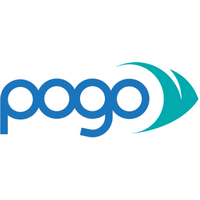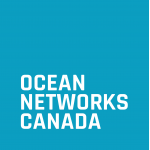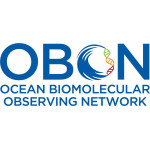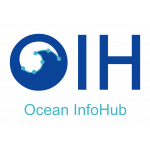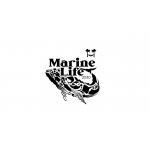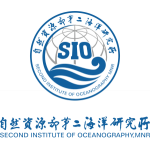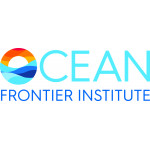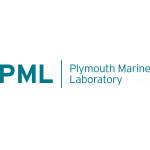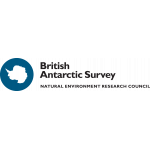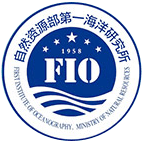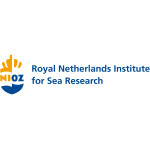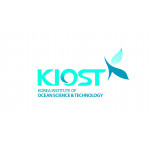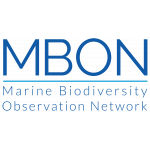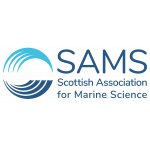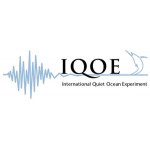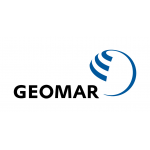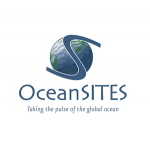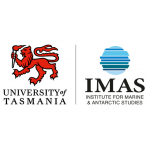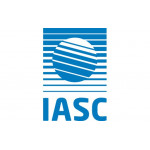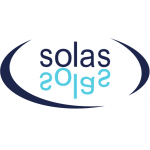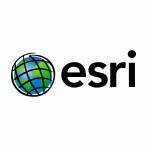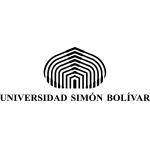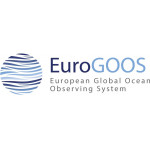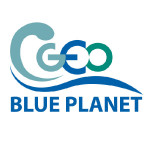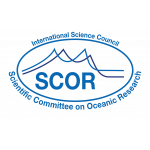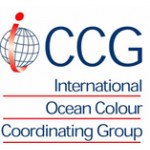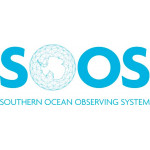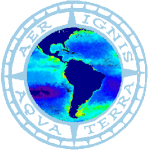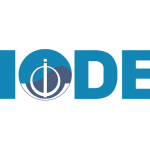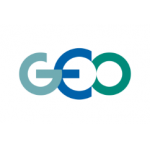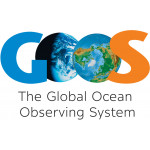POGO
Partnership for Observation of the Global Ocean
The Partnership for Observation of the Global Ocean (POGO) was founded in 1999 by directors of oceanographic institutions around the world as a forum to promote and advance the observation of the global ocean. POGO is a UK-registered charity with member institutions from around the world, and works closely with other international and regional programmes and organisations.
Prospect Place, Plymouth PL1 3DH, United KingdomEstablished: 1999
| Organisation type: | Non-governmental organisation |
| Geographical scope: | Global |
| Member countries: | Australia, Belgium, Benin, Brazil, Canada, Cape Verde, Chile, China, Colombia, Cote D\'Ivoire, France, Germany, Ghana, India, Ireland, Italy, Japan, Korea, Republic Of, Mexico, Netherlands, Norway, Portugal, Russian Federation, Spain, United Kingdom, United States |
| Participating countries: |
| Funding source | Percentage |
|---|---|
|
%
|
|
|
%
|
|
|
%
|
|
|
%
|
|
|
%
|
|
|
%
|
|
|
%
|
|
|
%
|
|
|
%
|
Organisation’s vision:
To have by 2030, world-wide cooperation for a sustainable, state-of-the-art global ocean observing system that serves the needs of science and society.
Organisation’s mission:
1. Lead innovation and development of the crucial components of the ocean observing system.
2. Identify and contribute to the development of the key skills, capabilities and capacities needed to achieve the vision.
3. Work with governments, foundations and industry, to articulate the benefits to society and required funding to build and sustain the system.
Organisation’s objectives (if different from the Mission):
1. Lead the making and innovation of observations that contribute to the global ocean observing system.
We will judge progress by our success in:
• Refreshing the way we think about the approach to building the global observing system from the opportunities opened by rapidly developing and adopting emerging and transformative technologies.
• Expanding the observing system in quantum steps in respect of biological and biogeochemical parameters.
• Driving these into the agenda of the decadal status review at the Ocean Observations 2019 conference.
2. Develop the world-wide capacity and capabilities needed for ocean observations and nurture new generations of scientists, technical experts and leaders in ocean affairs.
We will judge progress by our success in:
• Building networks, technologies and human resources required for ocean observations at the global scale.
3. Advocate and promote in our own countries and world-wide (to inter-governmental organisations, governments, funding agencies, businesses, foundations and citizens) the importance of making systematic sustained, ocean observations for the advancement of science and for informed, sustainable management of the ocean for the well-being of all humankind and making the case for securing the necessary funding resources to achieve it.
We will judge progress by our success in:
• Broadening the membership of POGO to a wider range of oceanographic institutions across the world to increase diversity of perspectives on our shared goals and extending geographical coverage.
• Widening and strengthening engagement with a more diverse range of potential partners especially in business and industry, to better understand their measurement needs, advance uptake and exchange of new technologies between business and science, enhance skills and capabilities, and achieve a more broad-based support for sustained ocean observations.
Keywords
- advocacy
- capacity development
- ocean observing technology
Activities
- Advocating for Earth (ocean) observations
- Defining strategies/road maps/priorities for Earth (ocean) observing/science
- Training scientists/technicians
grants observer/participant/member status to
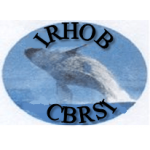 Institut de Recherches Halieutiques et Océanologiques du Bénin (IRHOB)
Institut de Recherches Halieutiques et Océanologiques du Bénin (IRHOB)
grants observer/participant/member status to
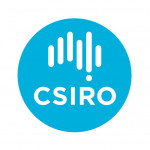 Commonwealth Scientific and Industrial Research Organisation
Commonwealth Scientific and Industrial Research Organisation
grants observer/participant/member status to
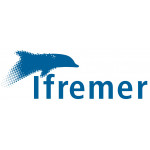 Institut français de recherche pour l’exploitation de la mer
Institut français de recherche pour l’exploitation de la mer
grants observer/participant/member status to
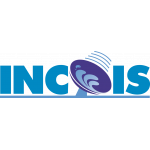 Indian National Centre for Ocean Information Services
Indian National Centre for Ocean Information Services
grants observer/participant/member status to
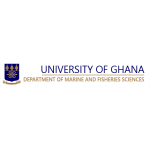 Department of Marine and Fisheries Sciences, University of Ghana
Department of Marine and Fisheries Sciences, University of Ghana
grants observer/participant/member status to
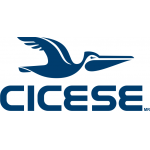 Centro de Investigación Científica y de Educación Superior de Ensenada, Baja California
Centro de Investigación Científica y de Educación Superior de Ensenada, Baja California
grants observer/participant/member status to
 Pilot National Laboratory for Marine Science and Technology
Pilot National Laboratory for Marine Science and Technology
grants observer/participant/member status to
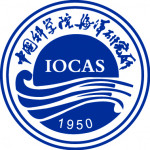 Institute of Oceanology, Chinese Academy of Sciences
Institute of Oceanology, Chinese Academy of Sciences
grants observer/participant/member status to
 Instituto de Investigaciones Marinas y Costeras “José Benito Vives de Andréis”
Instituto de Investigaciones Marinas y Costeras “José Benito Vives de Andréis”
grants observer/participant/member status to
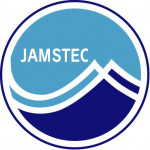 Japan Agency for Marine-Earth Science and Technology
Japan Agency for Marine-Earth Science and Technology
has observer/participant/member status with
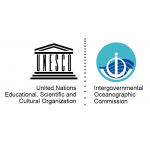 Intergovernmental Oceanographic Commission of UNESCO
Intergovernmental Oceanographic Commission of UNESCO
